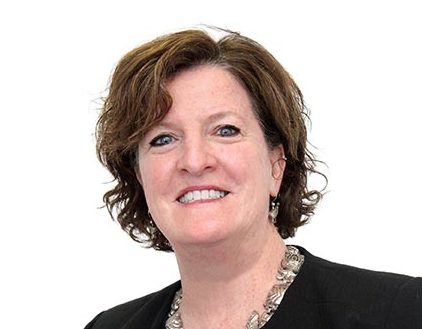In her article, “Bye Bye Bradys,” Carroll Magazine reporter Rebecca Cartwright Wicke explores how the traditional definition of family is shifting. As with most changes that involve personal values and realities, that shift is making folks itchy.
Some realities:
The proportion of children living with both parents hovers at 65 percent (Child Trends Databank (2015).
The Pew Research Center reports that in 2015, mothers were the primary breadwinners in 40% of families with children under 18. That’s a drastic change from decades prior; in 1960, for example, mothers were primary breadwinners in only 11% of families with children, and most of those were single parent households.
New preliminary research presented the annual Pediatric Academic Societies meeting adds more evidence to a growing consensus — families with same sex parents are just as healthy as anyone else’s. (May 1, 2016, www.medicaldaily.com)
For just as many realities, there are personal values and, often, those values and realities conflict. And the itching (and debates) begin and continue.
I believe that feeling emotionally itchy is good.
We have to scratch the itch; we need to respectfully explore the change that makes us itchy. During that exploration we will either continue to cling to our own personal beliefs, or our beliefs will broaden.
My technique for trying to understand something that makes me itchy and respect it is to put a face to it.
I try to imagine that it is my daughter, my husband, a sibling, a parent or a long-time friend who is the person directly involved with or affected by what makes me itchy. And by doing so, I’m more open to listen, to debate with respect and, sometimes to broaden my beliefs.
Sometimes I don’t have to imagine someone I love in this role because a loved one is directly affected by the controversial topic debated. My convictions are stronger; my resolve to engage in conversations that make me itchy remains resolute.
In short, I tend to welcome the biggest elephants into the tiniest of rooms.
My definition of family incorporates an ark of members, including pets, friends, blood-related loved ones, two parents, one parent, heterosexual parents, same sex parents, and grandparents as parents…
As long as there is unconditional (often selfless) love, there is a family. One person’s definition of family is no better or weaker than mine – and someone’s definition of a traditional family may contrast with my own.
We only have to recognize the need for one element – unconditional love – and our contrasting definitions can co-exist, often peacefully, sometimes with debate.
Novelist Willa Cather (December 7, 1873–April 24, 1947) was fascinated by what Brainpickings author Maria Popova describes as “the peculiar, inescapable dance between the family and the self.”
In her book Not Under 40, Cather reveals that family dynamics “become inseparable from our sense of identity, and although we might eventually rewire our attachment patterns through new relationships and ample self-work, we can never fully unmoor ourselves from those formative affections, for they are woven into the mysterious thread that makes us and our childhood selves one person.”
Whether a mother is the breadwinner or she stays at home, whether there are two fathers, a grandmother as mother, one adoptive parent raising two children or a host of other family forms, if the formative affection is unconditional love there should be less debate about what is right and what it wrong.
“Right” regarding family rests in individual hearts.
If we are lucky, we will have several families in our lifetime. Those families will be unique and offer the support and unconditional love that we need. Dinner tables will be crowded; fewer people will feel alone.
When I package all these sentiments together, I find it easier to embrace a change in the definition of family. In fact, I even embrace these changes into my concept of the “traditional” family.
What constitutes a traditional family should not continue to be a big fat elephant in a tiny room.
Amazing Peace,


